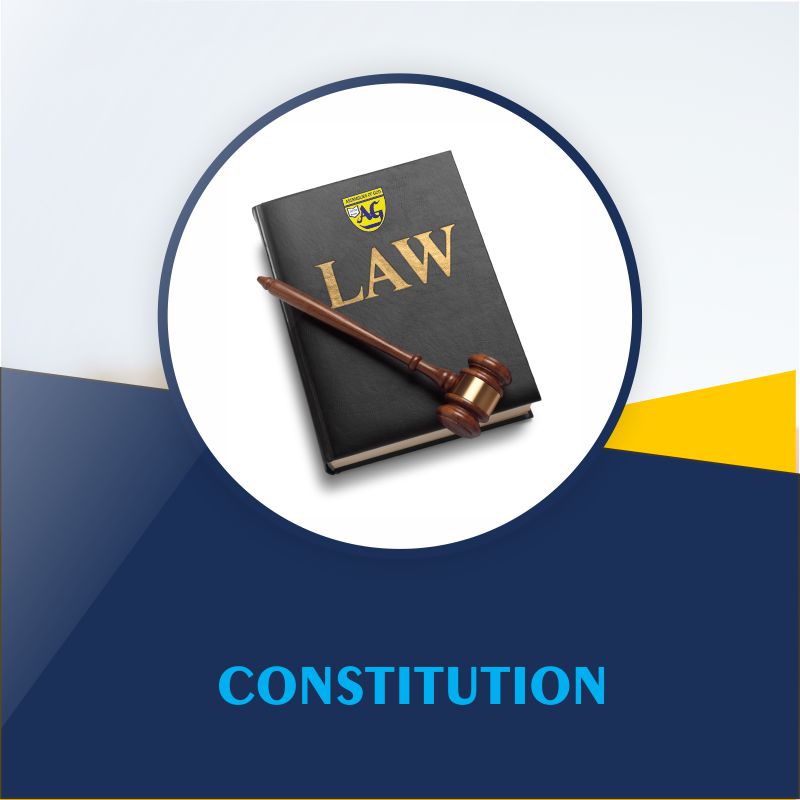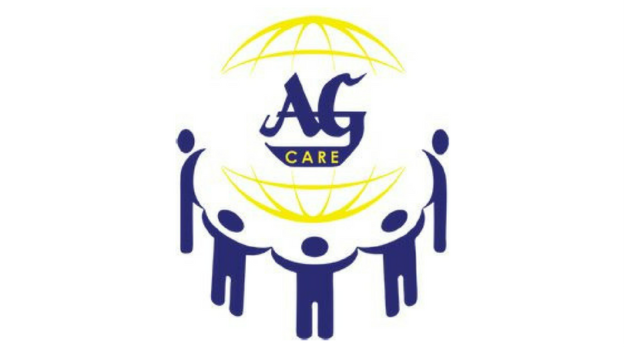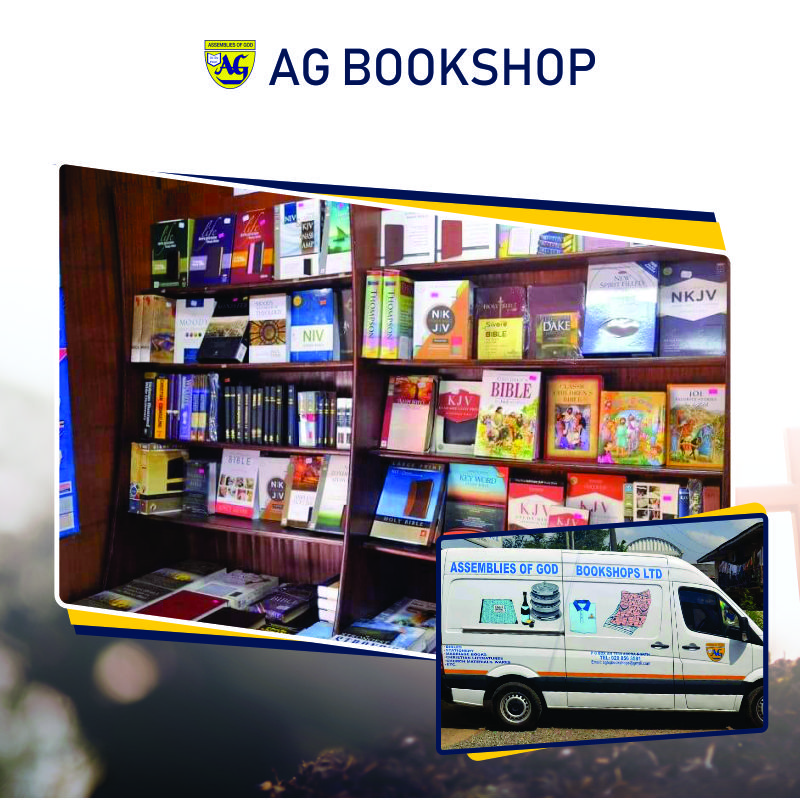HISTORY OF AG CARE COMMUNITY DEVELOPMENT WORK IN GHANA
Assemblies of God relief and Development Services (AGREDS) and currently AG Care Ghana, is a national NON PROFIT organization that has facilitated development interventions for individuals, groups and communities and has over the years obtained legitimacy from both state and non-state actors. AG Care provides non-discriminatory services to a target population and has had the opportunity to partner with other national and international organizations.
Throughout the years AG Care has established strategic partnerships with donors, key stakeholders and project communities. Since its establishment in 24th January 1991, AG Care has partnered with organizations such as DANIDA, the Government of Ghana, UNHCR, UNICEF, Christian Children’s Fund of Canada (CCFC) and the local Assemblies of God churches across the country to deliver tailor-made interventions.
Prior to this time the Assemblies of God Church, Ghana was involved in health services delivery since 1945. AG Care encourages communities to lead the process of growth and development, strengthened inclusion and active participation of women and girls. Over the years, the Assemblies of God Church, Ghana through AG Care has helped improve the lives of hundreds of marginalized and vulnerable rural people especially women and children.
AG Care also continues to play a leading role in emergency relief and rehabilitation operations throughout the country and consequently currently hosts the Secretariat of the Inter-NGO consortium for Relief and Rehabilitation, an umbrella organization of NGOs focusing in relief and rehabilitation in times of disaster i.e. Child Sponsorship and Family Support Programme.
The programme operational areas are Yendi, Nanumba North and South Districts respectively. The major intervention areas of the program are:
- Child sponsorship
- Strengthening Community Organizations (SCO)
- Education
- Water
- Sanitation and Hygiene (WASH)
- Health and Nutrition and
- Sustainable Livelihood Development (SLD)
- Advocacy and Conflict Resolution.
AG Care, in carrying out its developmental programmes in deprived communities considers advocacy and conflict resolution as very fundamental to any effective development. The rights of the child have been one major area that
AG Care has championed over the years and is currently championing the course of child trafficking and the worst forms of child labour through the Lifeline programme. Since 1994, AG Care has been deeply involved in various kinds of peacebuilding initiatives and conflict resolution programmes, all aimed at creating a peaceful atmosphere for effective development.
A series of peace-building workshops have been held in partnership with WANEP and other partners in parts of the Northern and Upper East regions that were affected by the 1994 ethnic conflict. AG Care also facilitated peace talks between the warring factions in both Bawku and Dagbon that led to the signing of a peace pact at Damango, now known as the Damango Declaration.
Mission
“Working with communities in partnership with other like-minded agencies in the love of God to find sustainable solutions to hunger, poverty, illiteracy, exploitation and disease.”
Vision
“Empowered Ghanaian Communities managing their resources as stewards of God’s creation”
AG CARE’s LOCAL DEVELOPMENT STRATEGY (LDS)
Our local programme increase skills development, empowerment, employment, incomes and livelihoods for the marginalized and underserved; improve the quality of basic education, basic health services and strengthen local community level institutions.
AG CARE SERVICES
HEALTH
AG Care’s integrated basic health programme is to improve and increase access and quality health care, especially in rural communities of Ghana. AG Care works with the Christian Health Association of Ghana (CHAG) and Government of Ghana (GoG) to provide health education; to reduce malnutrition; to prevent malaria; reduce the spread of diseases among the most at-risk populations; reduce maternal mortality; reduce unintended pregnancies; reduce newborn and under-five mortality.
Our health programme provides both preventive and curative health care service to mostly rural and deprived communities in Ghana. With this approach, we work to improve access, quality and increase local community active involvement while holding the duty bearer (government) accountable and helping the government to deliver. AG Care is registered member of Christian Health Association of Ghana (CHAG). AG Care has two health facilities, namely, Assemblies of God Hospital, Saboba and Assemblies of God Health Center, Nakpanduri. Both facilities are within the northern region of Ghana.
EDUCATION
As a local NGO in education sector, AG Care’s education programme works with Ministry of Education, Ghana Education Service and programme Communities (mostly poorest of the poor) to increase claim, access to and improve the quality of basic education, with an emphasis on improvement of teacher capacity, head teacher/circuit supervisor capacity building, PTA/SMC and community leaders capacity development, girl-child education promotion with WASH/HIV in rural public basic schools.
AG Care/Partner’s education programme works with and provides both software and hardware education support to underserved community schools in partnership with project district assemblies to improve access, quality and increase local community active involvement while holding the duty bearer (government) accountable and helping the government to deliver.
AG Care Ghana’s integrated approach offers support to project schools so that they can respond to the varied needs of rural school children, strengthening their capacities in five areas; school buildings and furniture, teaching and learning materials, teacher capacity building, head teachers skills development, strengthening water, sanitation and hygiene practices while building the capacity of executive members of Parents Teacher Association (PTA), and School Management Committee (SMC). AG Care considers education for boys and girls as drivers of improved growth and development in their communities. All activities under AG Care education programme support the inclusion and active participation of women and girls.
LIVELIHOODS EMPOWERMENT
AG Care’s livelihoods Empowerment programme works to address challenges such as poverty, gender inequality, and women’s and girl’s empowerment by increasing participation, boosting access to vocational skills, improving access to capital, entrepreneurial skills and information.
Poverty, inequality and women’s empowerment are objectives that are inextricably linked, and the success of one often depends on that of the others. Gender equality and women’s empowerment are considered critical for all the Sustainable Development Goals (SDGS), and are both recognized as an objective in itself and as a means for achieving all other objectives.
In the area of self-reliance and livelihood improvement, AG Care has over the years adopted the approaches which have often given UNHCR desired results and impact. A strategy used to reduce dependence on UNHCR assistance, and promote self-reliance is skills training and its complementary services. AG Care managed a programme for Liberians until 2011 and began to roll out skills training for Ivorian refugees in 2012. To date, some 1,780 persons (out of 4,330 people of working age) have been trained in English language, vocational/technical skills, business management or benefitted from agricultural assistance (http://unhcr-ghana.org).
Start-up kits were distributed to 606 graduates from 2012, and of these, some 150 small businesses have sprung up all around the camps. AG Care has supported 20 groups of 38 individuals in small business establishment on the camp including in trades such as bakery, ICT and beauty care. In order not to limit their scope for marketing their skills/products, negotiations have begun with authorities in the host community markets to obtain space for PoC to set up small businesses. This is in order to widen their market and prevent a situation where only other refugees patronize goods on sale. Some PoC have also taken the initiative to obtain employment in teaching French in host community schools (http://unhcr-ghana.org)
AG Care has facilitated entrepreneurship and business skills training for refugees across all camps. The purpose of the training on Entrepreneurship and business skills training is to develop personal qualities and attitudes, nd to impart knowledge and insight into how the refugees can see opportunities and develop these in sustainable business enterprises.
A pilot greenhouse project was initiated in the Egyeikrom camp to advance the socio economic power of refugees through Agriculture. It is expected that the yield from the vegetable farming will be enough for some 10 families. Eight and five acres of land were acquired for farming by PoC in Fetentaa and Egyeikrom respectively. In the case of the Ampain Camp, which lacks farming space PoC were supported with farm implements to help them in their farming/backyard garden activities as land acquisition is a challenge.
Self-reliance through skills training takes time to show life transformation as its effectiveness is linked to other associated conditions occurring simultaneously (access to market, availability of electricity, financial support, and provision of start-up kits and materials in the requisite quantities. A decisive strategy to translate skills training into self-reliance is AG Care’s focus for 2014 and 2015.
AG Care works in collaboration with other stakeholders such as the National Vocational Training Institute (NVTI), UNIDO, the National Board for Small Scale Industries (NBSSI), Non-formal education unit of the Ghana Education Service, district assemblies and the Ghana Refugee Board (GRB), as well as other IPs to provide vocational skills training, small business support to Ivorian refugees at the camps; as well as refugees of other nationalities.
AG Care supports the establishment of refugee self-management structures which is responsible for the management of activities related to skills training ensures transparency in selection of beneficiaries on the project (http://unhcr-ghana.org).
Through the AG Care Lifeline Skills Training Programme, 256 young girls in Agblogbloshie, Accra were trained in various skills areas of their choice within the period between 2011 and 2016. These girls after their training were reintegrated back into communities of their choice to practice their skills. The girls over the years have used their skills to improve their income generating ability, human security, dignity and general livelihoods of their families.
For more information about AG Care, visit agcareghana.org





